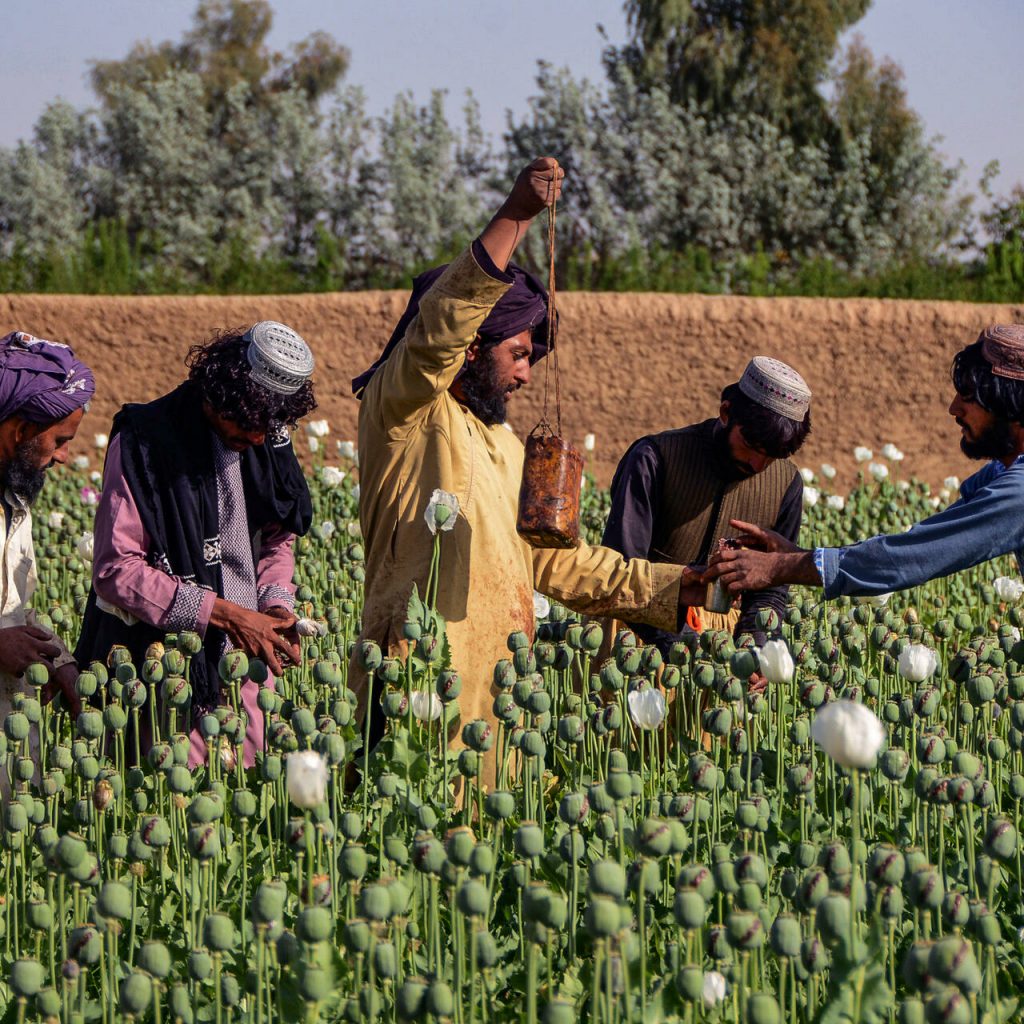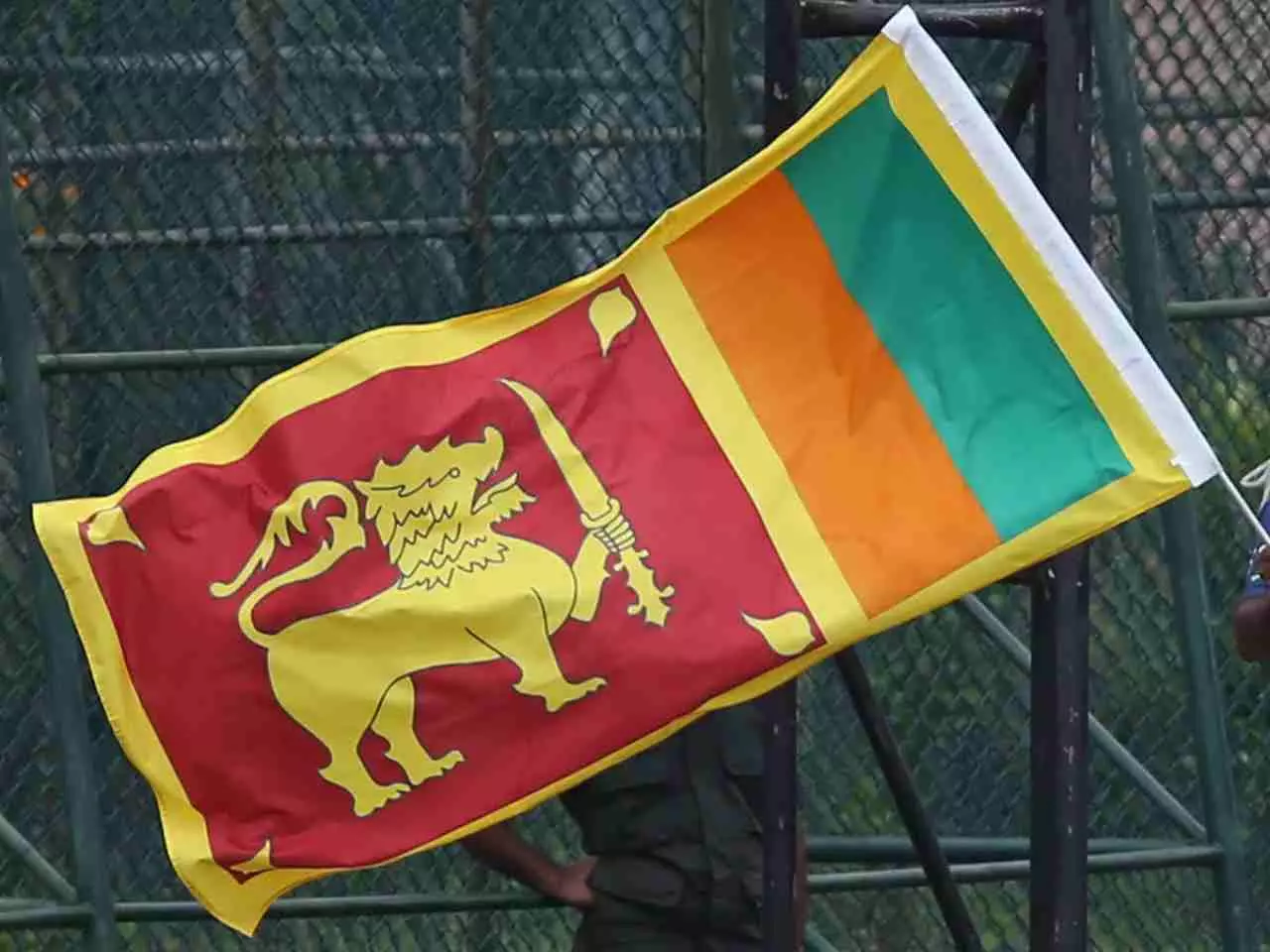By Sankar Ray
Ever since the ban on poppy cultivation by the Taliban-led Islamic Emirate in Afghanistan, resentment among poppy farmers who have been staunch supporters of the Taliban during their armed battle with the US-backed regimes in Kabul is on the rise.
In the very first week of April, Emirate’s supremo Haibatullah Akhundzada promulgated a decree that read, ‘As per the decree of the supreme leader of the Islamic Emirate of Afghanistan, all Afghans are informed that from now on, cultivation of poppy has been strictly prohibited across the country’. Poppy-growers most of whom belong to economically very weak section of Afghanistan are getting disillusioned with the Taliban whom they have been supporting for several decades.
The ban was to appease the western countries that are yet to diplomatically recognize the new regime. The tone of the decree is a message to the western powers. “If anyone violates the decree, the crop will be destroyed immediately and the violator will be treated according to the Sharia law,” the Ministry of Interior in Kabul stated bluntly at a press conference.
Mohammad Ehsan Zia, a former Afghan minister for rural development, criticised the decree. The first thing that needs to be done is to deliver on “human rights and women’s rights, inclusive governance, and counterterrorism” for gaining recognition, not by hitting poor farmers below the belt. “Respect for human rights and women’s rights, inclusive governance, and counter-terror are the basic criteria for recognition. A ban on poppy cultivation was not a condition because the international community has lived with poppy cultivation for over two decades,” he stated.
Thomas Ruttig, co-director of the Afghanistan Analysts Network, thinks the ban will likely push tens of thousands of farmers into poverty. He said many farmers might circumvent the ban by “using connections to the local Taliban leaders or just plant the poppy somewhere they hope they won’t patrol.”
Afghanistan is the world’s biggest producer of opium poppies, the sap of which is essential for production of heroin. The heroin industry provides jobs to tens of thousands of Afghans. This industry contributes significantly to the composition of gross domestic product of the land-locked country. If now the new rulers put an end to poppy cultivation, leaving farmers fearing for their future in a country whose economy is in freefall.
Afghanistan’s opium production was estimated by the United Nations at $1.4 billion at its height in 2017. Now it is up by at least 20 per cent, according to middlemen who are against the decree. The United Nations Office on Drugs and Crime in a survey found that 80 per cent of world’s opium is produced in Afghanistan. In 2018, according to the UNODOC opium accounted for 11 per cent of Afghan economy. According to Afghanistan Opium Survey 2019 , in collaboration with Afghanistan National Statistics and Information Authority and UNODC, production and export of opium was anywhere between $1.2billion and $2.1billion in 2019.
The economic distress that engulfs the rural Afghanistan after the change of guard at the helm in Kabul forced the residents of south-eastern provinces to grow the illicit crop that would ensure them faster and higher returns than legal crops like wheat. According to Reuters, the top brass at the emirate anticipate tough resistance from some elements within the group against the ban on poppy. In fact> there had already been a surge in the number of farmers cultivating poppy in recent months.
In Helmand, one of the major poppy-growing area, prices of poppy had already more than doubled on rumours the Taliban would clamp ban on poppy cultivation. Opium farmers state in a state of anger that by outlawing opium the Taliban’s cash-strapped government will deprive them of their meager livelihoods. Standing in blooming poppy field in Garni, an impoverished village on the outskirts of the provincial capital, a farmer, named Tarin Kowt, strongly criticised Taliban decree to ban poppy cultivation. He cries lamenting that his family members, numbering eight, will have to starve. And he is not alone there in forced starvation.
Asadullah, a farmer in the neighboring province of Kandahar, told Radio Azadi, “We are very disappointed with this ban. The government] should either help us find an alternative or get us aid.” Poppies require little water and care, typically bring in twice the money they can get from wheat or other cash crops he said.
Impoverished farmers in war-ravaged Afghanistan, mainly in the southern provinces of Uruzgan, Kandahar and Helmand, have for decades been shackled to poppy cultivation by drug traffickers who often put peasants into debt. It is more for international consumption than actual misery in Afghanistan. “They wanted to do something positive to show another side of the Taliban government to gain international recognition,” a former UNODOC The ban alone will neither fetch international recognition for the Taliban nor help obtain much-needed international development aid, which remains suspended after the Taliban seized power. (IPA Service)




 Sri Lanka and Pakistan Pin Their Hopes On IMF Bailout Package
Sri Lanka and Pakistan Pin Their Hopes On IMF Bailout Package 